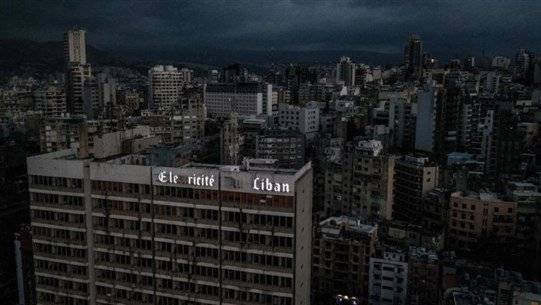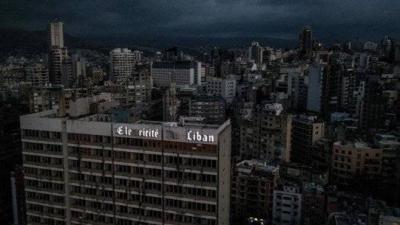Resistance to change and attempts to stay outside the realm of 'anxiety' that drives development are evident in the behavior of Electricité du Liban. The institution, which was in need yesterday as today, to adhere to the standards of good governance, transparent management, and independence from the political class, has not spared any effort to evade the public procurement law. Before the law came into effect on July 29, the electricity sector hastened to "smuggle two decisions related to the operation of power plants, tailored to specific companies, and another decision regarding a tariff increase," according to the former director general of investment and maintenance at Electricité du Liban, Ghassan Baydoun, "manifesting the arrogance and contempt for people's intelligence in the ugliest forms."
The electricity institution did not wait for the application of the public procurement law to implement transparent tenders free from suspicions; rather, it proceeded to "conduct a public tender for the production of 66 megawatts within the concession area of Zahle, on generators it does not own," according to Baydoun. It undertook to award services for electric production while knowing that the institution monopolizes production, transmission, and distribution by law. The company also managed to smuggle a decision related to an agreement by consensus to operate the Naameh landfill power plant two years after the decision was made, at a price higher than the previous contract of approximately $6.7 million, and without any plan to secure funding. Notably, the electricity produced from the landfill is distributed for free.
The most bizarre initiative was represented by the decision to raise the tariff to 10 cents for consumption less than 100 kilowatts per month, and 27 cents for more than 100 kilowatts, which was directly smuggled to the Minister of Energy. The problem is not the tariff increase but the ability to collect the revenue. Besides the fact that this process is contingent upon the complicated process of securing fuel to increase production, it requires technical and financial capabilities that are not available to enhance collection. Under these circumstances, the institution demands that the judiciary, security forces, and army accompany efforts to suppress violations. "Is there anyone sane who believes," Baydoun asks in disbelief, noting that "this process did not occur during prosperous times; can it happen today, when not a single copper wire is left for the institution due to encroachments?"
The tariff increase aims not to ensure electricity for 8 to 10 hours, but rather to justify obtaining a $200 million contribution from the treasury. If Electricité du Liban and the Ministry of Energy succeed in securing the money, "they will buy adulterated fuel, share commissions, and produce electricity with waste exceeding 80 percent, destroying what remains of mandatory deposits in the Bank of Lebanon. This strange concoction cannot be called a plan," according to Baydoun, "as there is an impossibility in securing electricity, and this plan is merely a facade. Especially since the tariff is subject to modification every two months, requiring a monthly meter reading and accurately periodic billing, which service provider companies may not be capable of performing. Even if they could, the cost would be very high."




